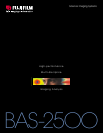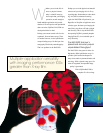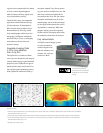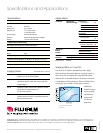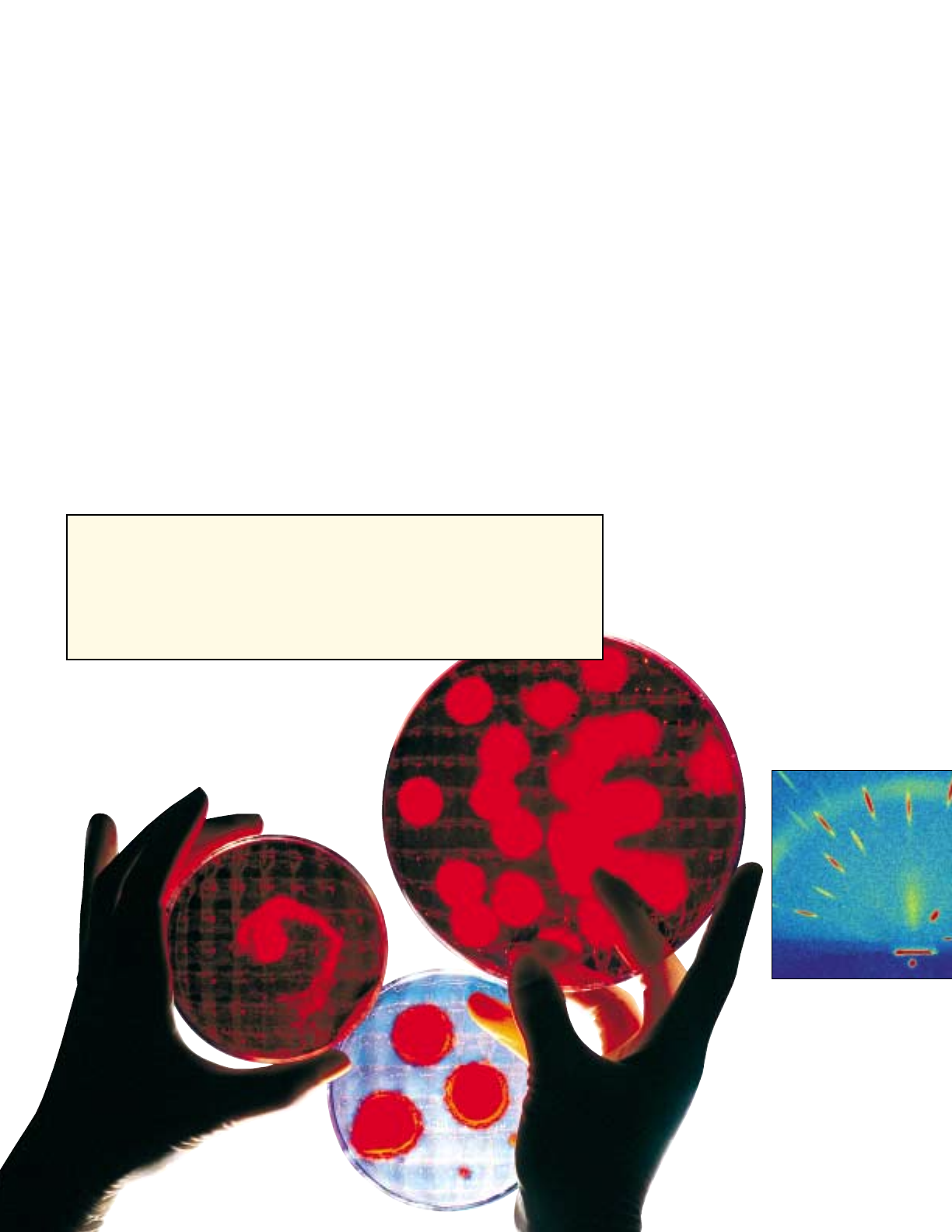
hether you are in the life sci-
ences or physical sciences,
today’s scientific investiga-
tions require that your imaging
system be versatile enough to
handle multiple applications and provide
data that is far more precise and reproducible
than ever before. Fujifilm’s BAS-2500 was
developed with this in mind.
Perhaps your current research calls for elec-
trophoresis, blots and macro arrays. Then,
six months from now, in-situ hybridization
receptor binding assays. Or thin layer chro-
matography. Whole body autoradiography.
That is no problem for the BAS-2500.
W
Multiple-application versatility
with imaging performance 100x
greater than X-ray film.
Perhaps you are in the physical and material
sciences and your imaging calls for X-ray
crystallography. Semiconductor wafer check-
ing. And, later, non-destructive testing.
Again, the BAS-2500 will perform for you.
Regardless of discipline of application, most
scientists agree, the better your imaging the
more likely your efforts will lead to insight
and discovery. This is why the BAS-2500,
incorporating Fujifilm’s patented phosphor
Imaging Plate (IP), is an invaluable part of
every laboratory.
The BAS-2500 Scanner’s
speed and accuracy equal
unparalleled throughput
The BAS-2500 is the system of choice for
high-density DNA hybridization arrays. It
provides spatial resolution adequate for
many tissue studies in pharmacokinetics and
toxicology. With a dynamic range up to five
orders of magnitude, incomparable image
quality is guaranteed.
With a Fujifilm BAS-2500, a
complete 20 x 40 cm imag-
•
b



